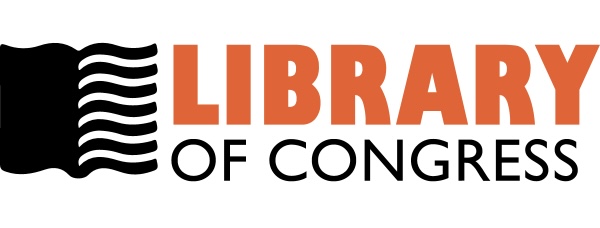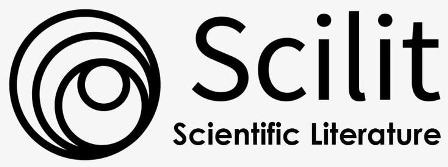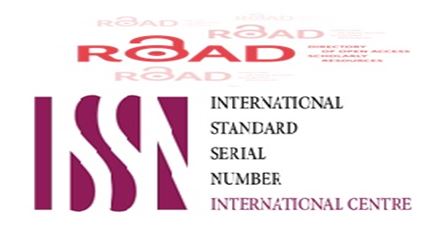Immunohistochemical detection of p16INK4a proteins expression in paraffin embedded sections of colorectal cancer tissues.
DOI:
https://doi.org/10.32007/jfacmedbagdad.524954الكلمات المفتاحية:
colon cancer, p16INK4a, immunohistochemical assay, cell cycle checkpointsالملخص
Background: Uncontrolled tumor cell proliferation is a reality in tumor cells, and the progression from a normal cell into a transformed cell probably includes genetic events affecting checkpoints in the cell cycle machinery.
Materials and methods: This study investigated the immunoexpression of p16INK4a in the paraffin sections from 43-cancers of colorectal tissue (CRC),26-hyperplastic polyps and adenomas(CRHPA) and 35-normal tissues (CRN),using immunohistochemical assay. We correlated the expression patterns with tumor histopathological type, site of the tumor, distance metastasis according to the TNM system.
Results: In colorectal cancer (CRC) patients’ p16INK4a,immunoexpression was detected in 32/43, there was significant association for p16INK4a, which showed high reaction with monoclonal antibodies in the distal colon and rectal area with P value < 0.001. There was no significant correlation between tissue invasion stage and p16INK4a. There was no significant difference in the immunoexpression of p16INK4a in relation to the two groups of patients with the stage of the disease.
Conclusion: p16INK4a, expression have high level in CRHPA than in CRN tissue. Also, their expression in CRC is more than in CRN tissue. In addition, p16INK4a immunoexpression in CRC was significantly more than in CRHPA.
التنزيلات
التنزيلات
منشور
إصدار
القسم
الرخصة
Permit others to copy and distribute the manuscript; to extract, revise, and create another derivative
works of or from the manuscript (e.g., a translation); to incorporate the manuscript into a
collective work; and to text or data mine the article, even for commercial purposes, provided that
the author(s) is/are credited; the article's modifications should not harm the author's honor or
reputation; and the article should not be altered in a way that would cause the author to lose them
reputation. The Creative Commons Attribution 4.0 International License (CC BY 4.0) has more
information.




















 Creative Commons Attribution 4.0 International license..
Creative Commons Attribution 4.0 International license..


